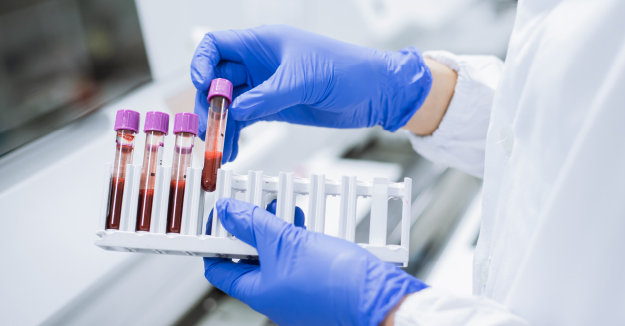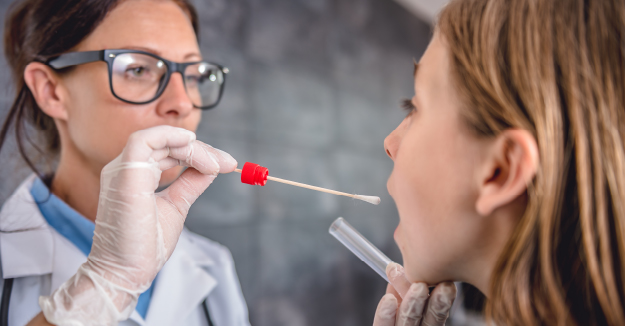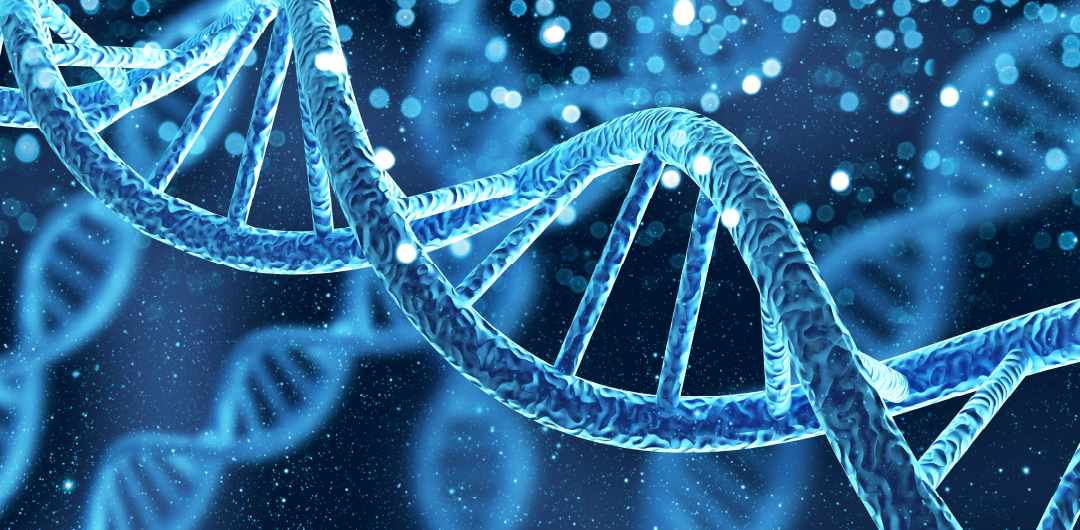DNA testing is a process that has gained popularity in recent years for many reasons, including the higher number of laboratories and DNA testing companies offering services and the convenience of these services for the average consumer. There are numerous reasons why one might need or want a DNA test, which we will delve into below, and as these tests become more commonplace, many people have questions about the process and what to expect from their genetic tests. In this article, we will answer some of these questions, including how long a DNA test takes and why someone may need one.

Different Types of DNA Test
There are three common kinds of DNA tests, all of which use different DNA samples and provide different information for the test-taker. Each kind of test uses chromosomes. Humans have 23 pairs of chromosomes, which determine what traits are passed on from parent to child. Of the 23 pairs of chromosomes, 22 are considered autosomal chromosomes, which means that they determine almost all genetic traits. The final pair, also known as the allosome pair, consists of either two X chromosomes or an X and a Y chromosome and determines one’s biological sex.
Two of the three DNA tests use the allosome pair of chromosomes to gather information for the test taker. The first of these tests is the Y chromosome DNA test, or the y-DNA test. This test uses data from the Y chromosome to help find a haplogroup, which is a cluster of alleles, a specific form of genes, that come from one specific parent. With a y-DNA test, the haplogroup will come from the biological parent with a Y chromosome. Similarly, the mitochondrial DNA test, or the mtDNA test, uses data from the X chromosome to find the haplogroup that comes from a specific biological parent. Because a haplogroup is passed down from one’s ancestors along the chromosome, this haplogroup will reveal information about the biological parent with two X chromosomes.
The third kind of DNA test takes DNA samples from the autosomal chromosomes and is fittingly called the autosomal DNA test. The autosomal DNA test collects data from a wider variety of genes than the other tests and will tell the test taker about genetic information from both of their parents.

What Can a DNA Test Tell You?
Because these tests use different genetic materials, they provide the test taker with different information about their genetic background. A y-DNA test will tell the test taker, who has to have the Y chromosome, about all of their ancestors who share that Y chromosome. This test is a good idea for people who want to find information about their paternal heritage. An mtDNA test will provide information to the test taker, who can have either two X or an X and Y chromosomes, about all of their ancestors who have passed down that X chromosome on their maternal line. These tests are often used for ancestry purposes, but they can also be used to determine if there are any diseases or disorders present in the mitochondrial or y-DNA of the test taker.
An autosomal DNA test provides a wealth of information to the test taker because of the amount of DNA that is tested. One of the more popular uses for this test is in genealogy because autosomal DNA can link you to distant relatives and ancestors and can even tell you what geographical regions or ethnic groups your ancestors come from. Another use for autosomal testing is in inherited disease genetic testing. This kind of genetic testing provides information on whether a test taker is predisposed for a number of diseases, including cardiovascular diseases, cancer, diabetes, and many more.
DNA Test Turnaround Times
Now that we understand the different kinds of DNA tests and their uses, we can explain the different turnaround times for different types of tests. The short answer is that DNA test result times vary widely depending on which kind of test you need.
One of the fastest turnaround times for DNA testing is in paternity or relationship testing because this test only looks at whether DNA samples between a child or an alleged father are a match. If the paternity test is looking at only one potential parent, it usually takes three to five business days from the time the samples are received for results to come in, or some labs offer one- to two-business-day results for an additional fee. In certain cases, such as with some home paternity tests, you can receive same-day results for an additional fee. If the DNA paternity test results cover multiple DNA samples, such as in some legal paternity test cases with multiple alleged fathers or alleged fathers with similar DNA due to close relation, results may take longer to arrive.
DNA testing for ancestry typically takes longer than other forms of genetic testing because of the wide array of genetic material that is analyzed. On average, ancestry results take around six to eight weeks to return to you after the lab receives your samples, but it may take more or less time depending on which lab or company you decide to go through, as some DNA testing companies receive a large number of samples due to their popularity.
DNA results for inherited disease testing are similar to ancestry results in that they take longer than other tests because of the in-depth analysis of specific genes and genetic markers. Results can take as little as three weeks to as long as 12 weeks from the time that samples arrive at the lab to get back to you depending on what is being tested for.

Why Might You Need a DNA Test?
As we have briefly explained above, there are a number of reasons why someone may need or want a DNA test. Courts may order a legal paternity test to determine whether someone is responsible for child support or eligible for custody of a child. Someone may want to learn more about their family history, their ethnic background, or specific information about either parent’s side of the family. They may also want to find long-lost family members.
Another practical reason for wanting or needing a DNA test is to find out about inherited diseases. Someone may want to know if they are predisposed to diabetes or cancer. Someone who is pregnant may want to know if their child will be at risk for certain diseases; in this case, they can have prenatal genetic testing done during their pregnancy. This can help potential parents determine if a pregnancy is viable and can even help pregnant couples prepare for potential risks or complications during the pregnancy.
Professional DNA Genetic Testing Services in the Greater Houston Area
OnPoint Lab LLC is committed to providing the highest quality DNA testing services to our clients in and around the Houston area. We offer genetic testing and screening services for a number of inherited disorders and diseases. Our team has over 100 years of combined experience, and we are dedicated to providing precise results on time, every time. Contact us today for more information on our DNA and genetic testing services.


